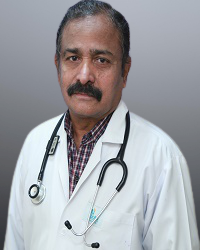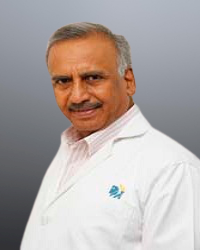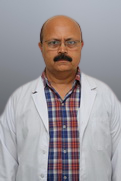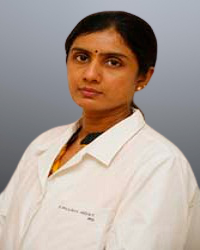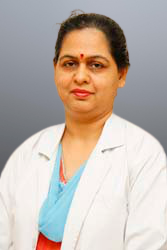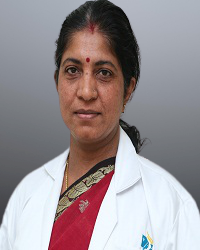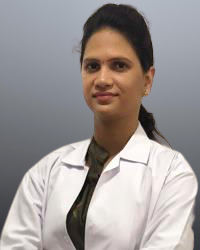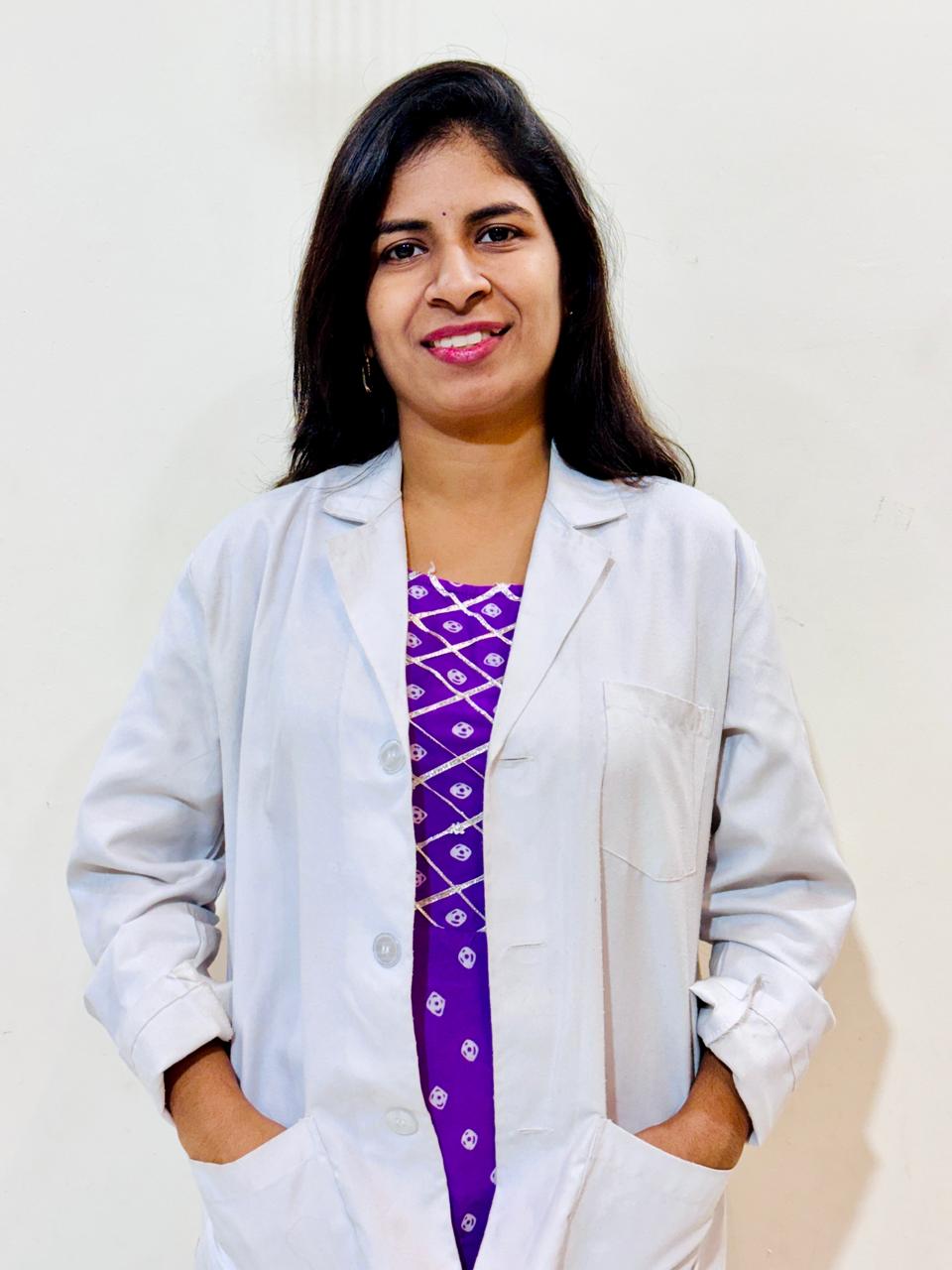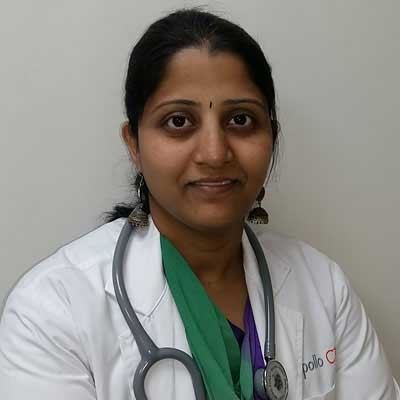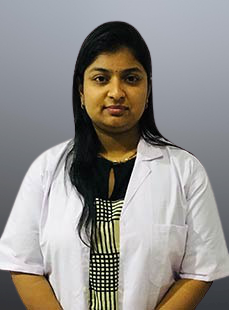Best Psoriasis Doctors in Hyderabad
Psoriasis is a chronic, autoimmune skin disorder characterised by a rapid build-up of skin cells. This accumulation forms thick, scaly patches on the skin’s surface. Genetic factors and environmental triggers can prompt the immune system to behave abnormally, leading to this condition. Though there is currently no cure, treatments can manage symptoms and induce remission.
In Hyderabad, psoriasis is a fairly common condition. Apollo Hospitals has an excellent team of psoriasis specialists and doctors for psoriasis treatment who are proficient at managing the ailment. Their laboratories offer a comprehensive range of diagnostic tests to ensure accurate diagnosis. By providing these facilities, Apollo Hospitals aims to deliver the best possible care to their patients.







 Call Now
Call Now
